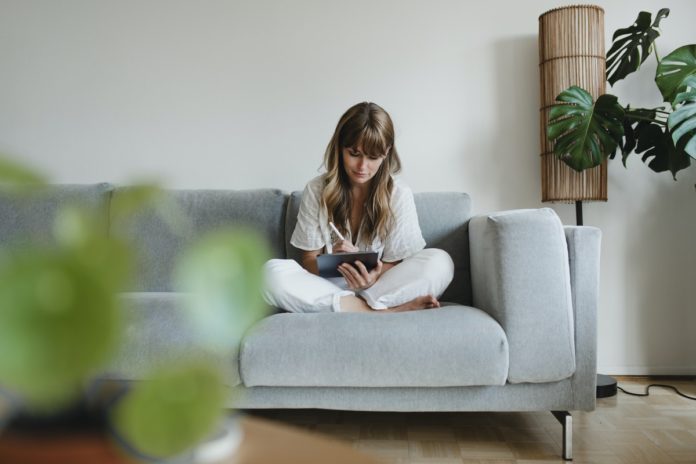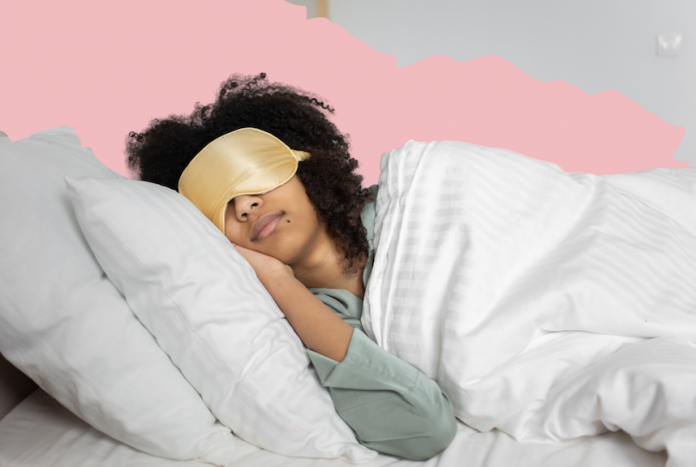Most women will experience symptoms of PMS (premenstrual syndrome) at some point in their lives. Symptoms include behavioural, physical and emotional changes in the week leading up to that time of the month, and whilst there’s not always an easy cure for PMS, the current climate of social distancing and working from home presents a great opportunity to review how your lifestyle can affect your symptoms.
With that in mind, we’ve teamed up with expert gynaecologist Dr. Shree Datta, clinician for women’s intimate health care provider Intimina, to lend our top 5 tips for coping with PMS during quarantine.
CHART YOUR CYCLE
You don’t always need medication for PMS, as long as you’re aware of your symptoms and respond accordingly. So whilst at home, chart your cycle and symptoms on an app – or, in a good ol’ fashioned paper diary – so that you can recognise patterns, anticipate your symptoms and review their severity. Look particularly at whether there’s anything which makes them better or worse.
BE AWARE OF YOUR DIET’S IMPACT
Your diet can play a part in that overall sense of balance, both in your physical and mental wellbeing. During PMS, symptoms to watch for include anxiety or depression, mood swings, irritability, bloatedness and breast tenderness.
Consider the impact of diet on these symptoms – for example, a salty diet may make you feel more bloated or swollen, certain foods will impact your sleep, and caffeine may affect your mood. Watch your diet whilst at home for this extended period and see whether alterations affect your symptoms over a cycle.
SLEEP HYGIENE
Now represents a really useful time to conscientiously consider your sleep hygiene as this can also affect the severity of your symptoms and mood. Use the opportunity of working at home to monitor your sleep habits, particularly in getting into the rhythm of the perfect bedtime routine – for example, avoiding heavy meals and excessive screen time before bedtime. You may find a regular bedtime with a period of reading before sleep relaxes you more in the second half of your cycle, with a real impact on how severe your PMS symptoms are.
A HOLISTIC APPROACH TO HEALTH
It’s very easy to turn to regular medication to treat PMS, but the Royal College of Obstetricians and Gynaecologists recommends considering cognitive behaviour therapy (take a look at what’s available online), exercise – perhaps a run (if it’s currently permitted by the powers-that-be) or home exercise class – and taking vitamin B6 as alternatives. Now is a great time to trial these options and monitor how they affect your symptoms.
MANAGE WITH MINDFUL MEDITATION
Staying at home at the moment means there’s less opportunity to travel and eat or drink out. That should stop you from being in the moment. One of the best things you can do right now for your state of mind is to practice meditation and mindfulness to manage any stress you’re going through. Be mindful of how this affects your PMS; and if you follow these tips, you may actually see an improvement in your PMS symptoms during this time.
INTIMINA is offering 15% off its entire range. For more information and to explore Intimina’s full range of products please visit www.intimina.com.





